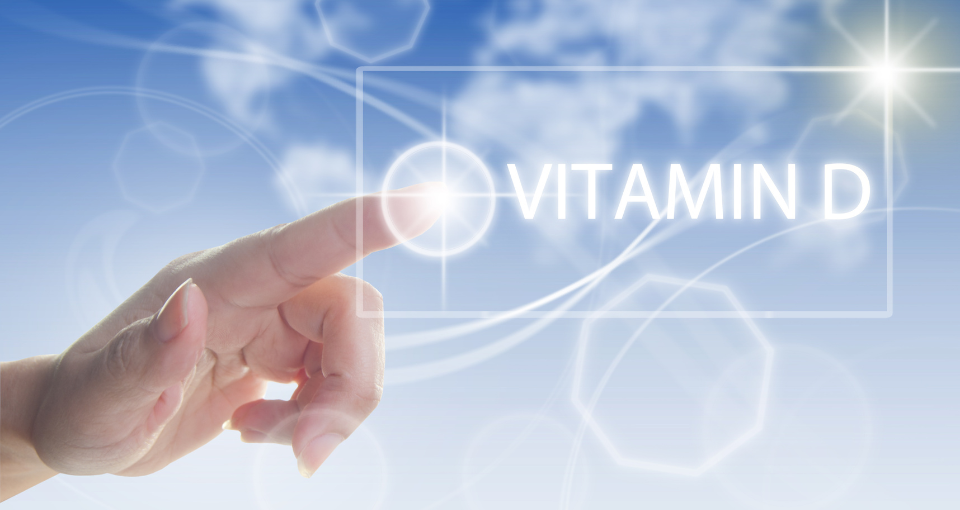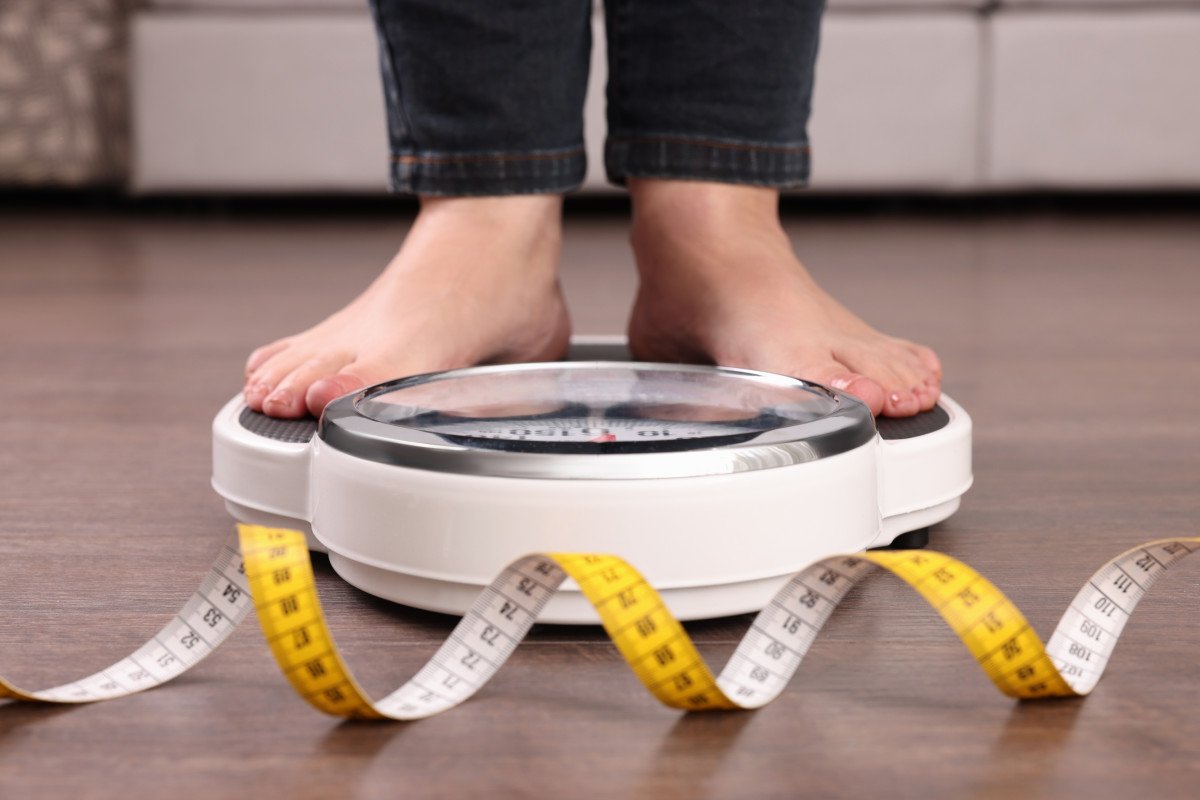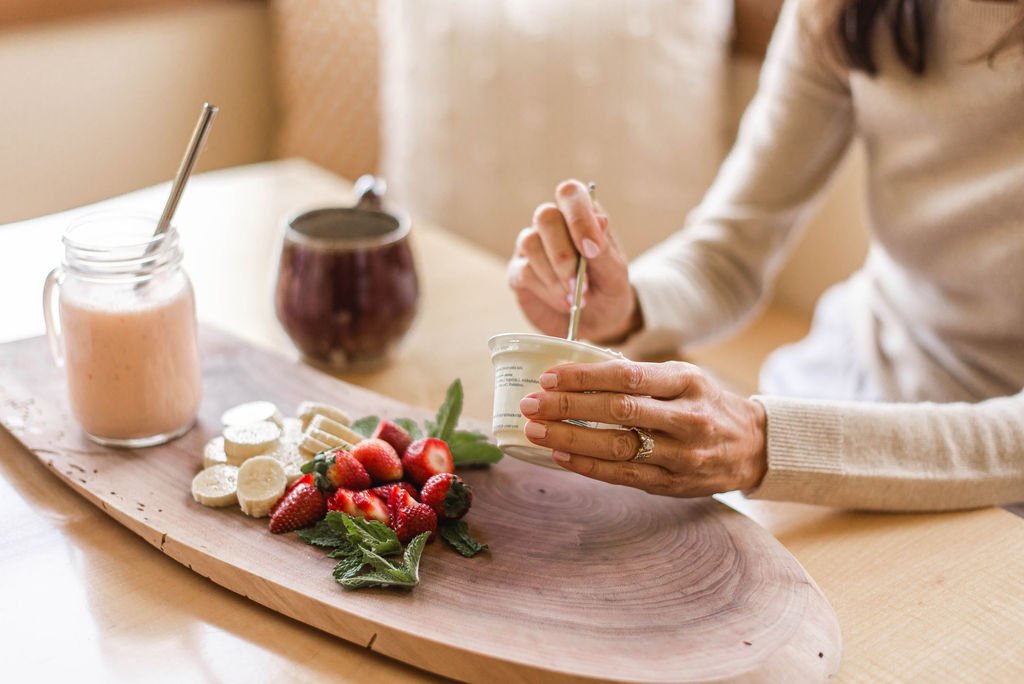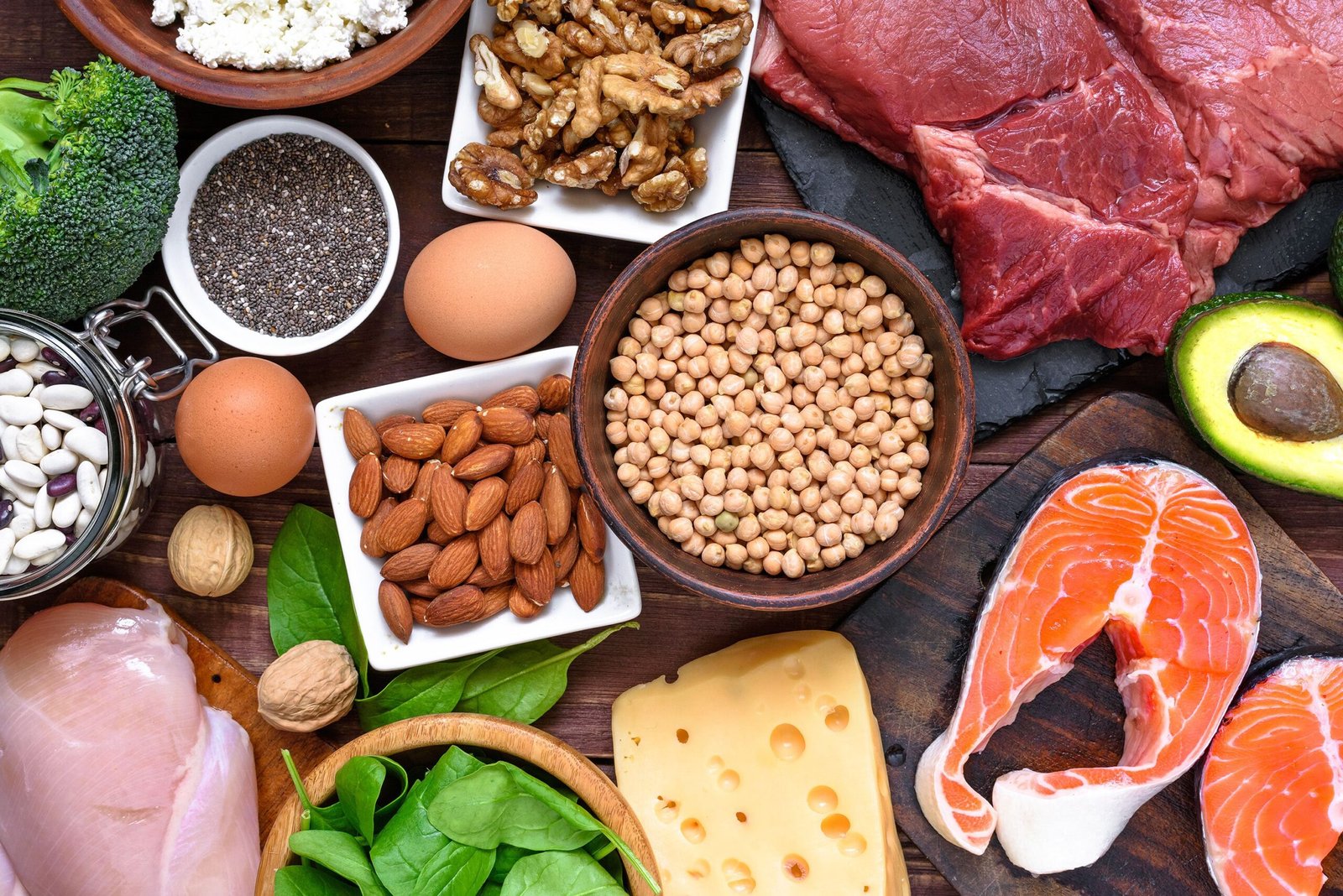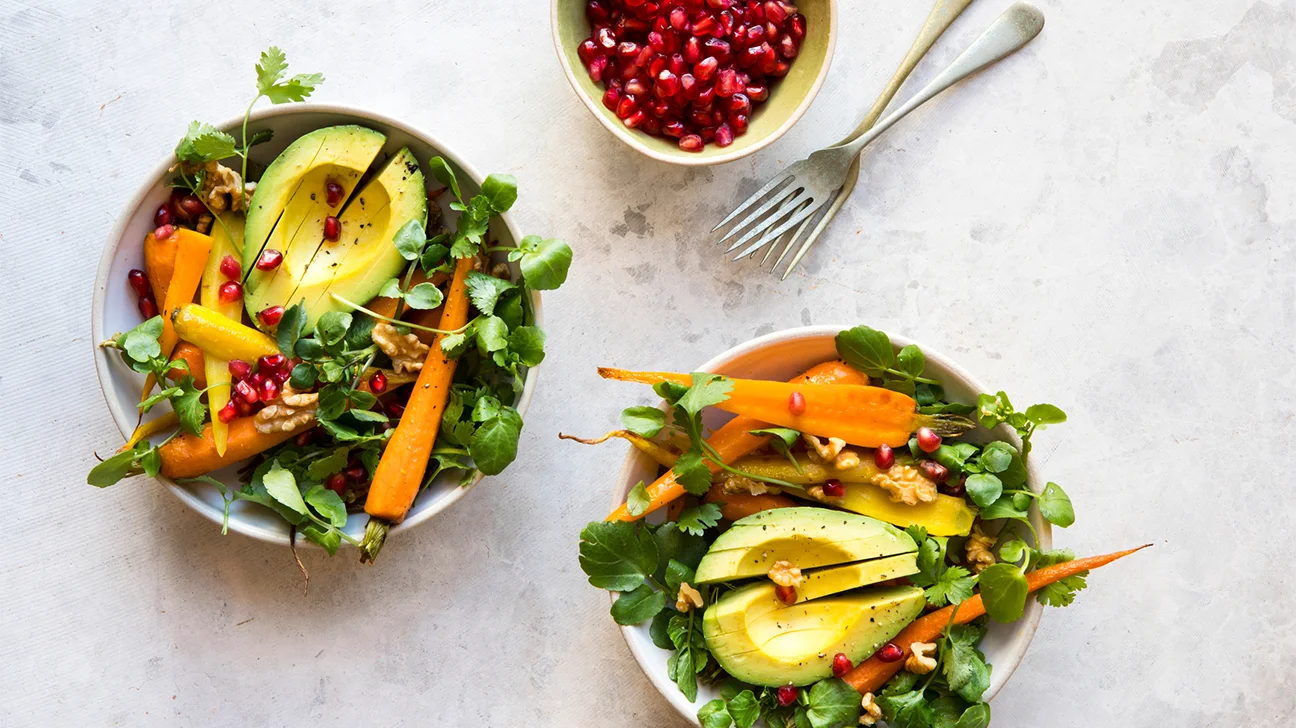As women age, especially after 50, maintaining optimal health becomes even more important. One key nutrient that often goes overlooked is vitamin D. This essential vitamin plays a crucial role in bone health, immune function, and even mood regulation. Studies have shown that vitamin D deficiency can increase the risk of osteoporosis, fractures, and other health issues in older adults (Harvard Health Publishing). Understanding how to get enough vitamin D is vital for ensuring long-term health and vitality as we age. Let’s dive into why vitamin D is particularly important for women over 50 and how to incorporate it into your daily routine.
Table of Contents
Vitamin D, often referred to as the “sunshine vitamin,” plays a vital role in maintaining overall health, especially for women over 50. As women age, their bodies experience various changes, making it essential to ensure they get enough vitamin D. This nutrient is crucial for bone health, immune function, and mental well-being. For women in this age group, understanding the significance of vitamin D and maintaining adequate levels can lead to a healthier and more vibrant life.
1. What vitamin D does for bone health
One of the most important functions of vitamin D is to help the body absorb calcium, which is important for keeping bones strong. Because women over 50 have lower bone density, they are more susceptible to osteoporosis and fractures. When estrogen levels drop after menopause, bone loss accelerates, making this more likely. Getting enough can help slow this process, reducing the risk of fractures and osteoporosis. It works by increasing the efficiency of calcium absorption, helping the body retain and use this important element properly.
2. Strengthen immune system
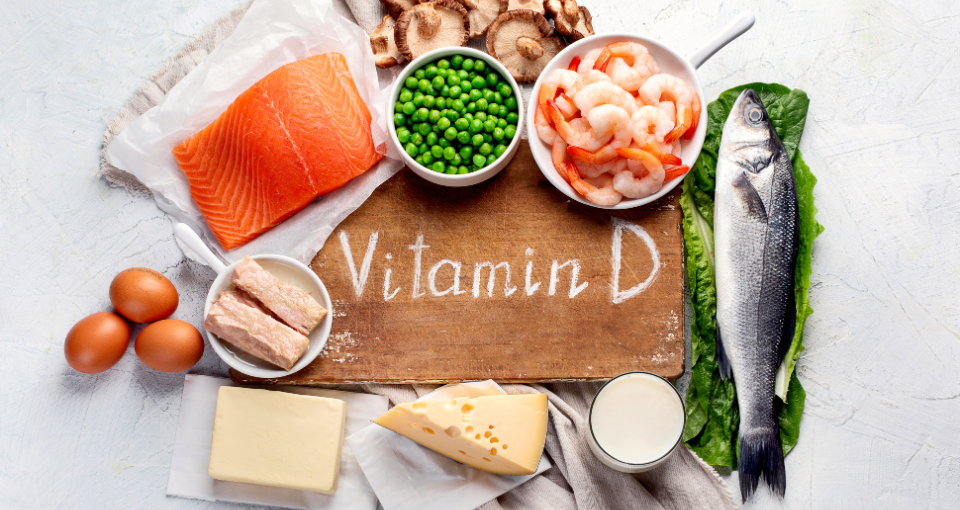
Vitamin D is also important for keeping your immune system strong. It changes the immune response so the body can better fight infections and reduce inflammation. Women’s immune systems tend to weaken as they age, making them more susceptible to disease. Your immune system will be stronger and better able to fight off common infections like colds and flu, as well as more serious infections like autoimmune diseases.
3. Improve mental health and brain function
New research suggests that vitamin D may have a significant impact on mental health and brain function. Women over 50 should pay extra attention to their brain health because the risk of cognitive decline and neurodegenerative diseases increases with age. Research has found a link between inadequate vitamin D intake and an increased risk of depression, mood disorders and memory loss. Ensuring you get enough vitamin D can keep your brain healthy, improve your mood, and possibly even lower your risk of Alzheimer’s disease and dementia.
4. Good for cardiovascular health
Vitamin D has also been linked to heart health. It reduces inflammation, regulates blood pressure and improves blood vessel function, all of which are important for keeping your heart healthy. Women over 50 have a greater risk of developing heart disease due to factors such as hormonal changes and more people suffering from high blood pressure. SO, it helps keep your heart healthy and reduces your risk of heart disease and its complications.
5. Where to get vitamin D
Vitamin D can be obtained through sun exposure, certain foods, and supplements. When your skin is exposed to sunlight, it naturally produces vitamin D, making regular sun exposure an excellent way to boost your levels. However, factors such as where you live, your skin tone, and sunscreen use can all influence how effectively your body produces vitamin D from the sun alone.
Foods rich in vitamin D include fortified milk and grains, fatty fish like salmon and mackerel, and egg yolks. For many women over 50, getting enough vitamin D from diet and sunlight can be challenging, so supplements can be a helpful option. There are two main types of vitamin D supplements: D2 (ergocalciferol) and D3 (cholecalciferol).
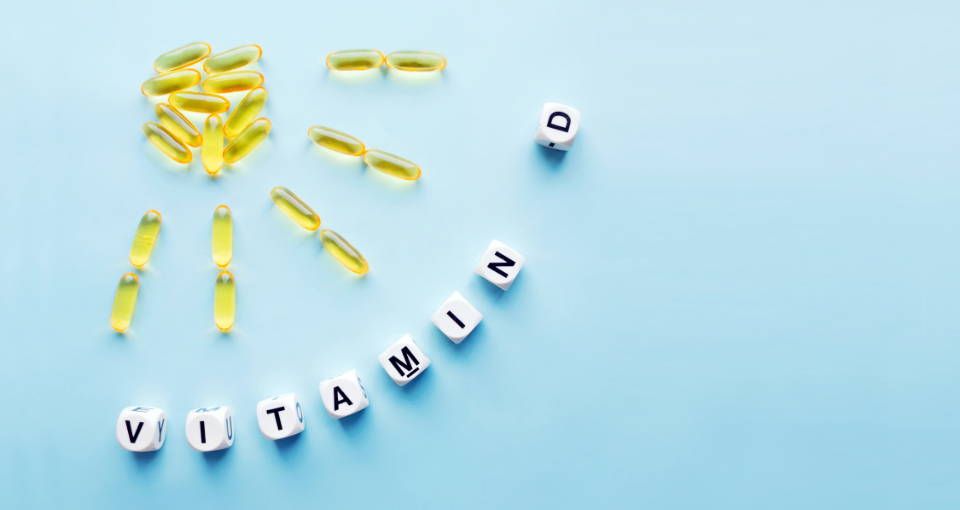
6. How much to take daily and supplements
How much you should get each day depends on your age and health needs. The National Institutes of Health (NIH) says that women over age 50 should consume 600 to 800 international units (IU) per day. But some experts say higher doses may be needed to keep blood levels at healthy levels, especially in people who don’t get much sun exposure or eat an unhealthy diet. It’s important to talk to your doctor to find the right dose for everyone’s needs and to avoid the risk of overdose (which can happen if you take too many supplements).
Conclusion
Vitamin D is essential for women over 50 as it supports bone health, immune function, brain health, and heart health. As women age, their bodies require more of this crucial nutrient, making it important to ensure adequate intake through food, sunlight, and supplements if needed. By prioritizing and working with your healthcare provider to maintain optimal levels, women over 50 can reduce the risk of age-related health issues and enhance their overall well-being, leading to a better quality of life.
Disclaimer: The content in this article is based on my personal experiences and is intended for informational purposes only. I am not a doctor or medical professional. Always consult with a healthcare provider before making any changes to your exercise routine or lifestyle, especially if you have any health concerns or conditions.
My mission is to celebrate the wisdom, resilience, and vitality of women as they navigate menopause, embrace life’s transitions, and step confidently into the next phase. Whether you’re exploring ways to stay fit, looking for health tips to prevent common issues, seeking inspiration for a fulfilling lifestyle, or simply wanting guidance on diet, I’ve got you covered. Dive into our articles on fitness, health, lifestyle, nutrition and more to find the support and insights you need!

